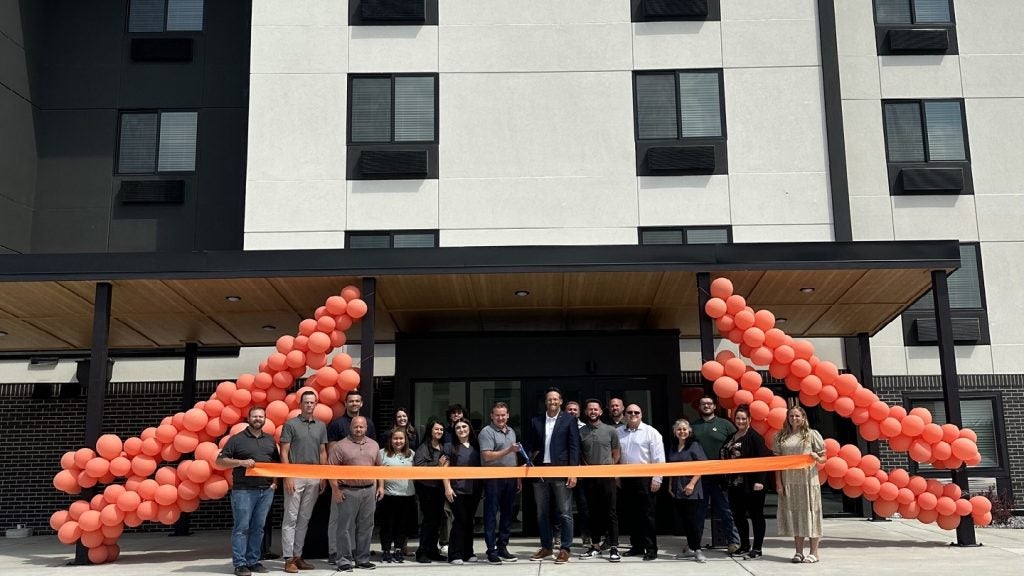
Concept: Czech Y Combinator-backed Kapacity.io has developed an ML-powered software automation layer to provide incentives to building owners/occupiers to shift to clean energy usage. The startup aims to catalyze the decarbonization of buildings with AI-generated efficiency savings to encourage electrification of commercial real estate — ushering buildings away from dependence on fossil fuels to power their heating and cooling needs.
Nature of Disruption: Kapacity’s cloud software integrates with HVAC systems and electricity meters in buildings, using local energy consumption data to calculate and deploy real-time adjustments to heating/cooling systems that not only save energy and (CO2) emissions but also pay building owners/tenants to reduce consumption, such as during peak energy demand on the grid. However, Kapacity’s premise is that small tweaks, such as turning off the boilers/coolers for five, 15, or 30 minutes, can go largely unnoticed by building occupants if done correctly, allowing the startup to tout a range of efficiency services for its customers, such as peak-shaving, which automatically reduces energy usage to avoid peaks in consumption and generate significant energy savings. The algorithms developed by Kapacity are meant to figure out how to make dynamic adjustments to a building’s heating and cooling without sacrificing “thermal comfort.” The incentives it’s dangling at commercial real estate to sign up for a little algorithmic HVAC tweaking, on the other hand, appear substantial: Early trials of Kapacity’s technology resulted in a 25% decrease in power costs and a 10% reduction in CO2 emissions, according to the startup. Although, for the time being, early tests have been restricted to its native market.
Outlook: Kapcity’s approach is applicable in deregulated energy markets where third parties can play a role in offering energy-saving services and where fluctuations in energy demand are managed through an auction process involving surplus energy trading — typically overseen by a transmission system operator — to ensure energy producers have the right power balance to meet customer needs. Energy demand fluctuates regardless of the kind of energy production supplying the grid, although renewable energy sources tend to exacerbate energy market volatility since the output is less predictable than legacy energy generation (like nuclear or burning fossil fuels). As nations throughout the world ramp up efforts to tackle climate change and meet crucial carbon emission reduction objectives, pressure is mounting to move away from fossil fuel-based power generation and toward cleaner, renewable options. The real estate market, in particular, continues to be a big CO2 emitter, putting it directly in the crosshairs of “greening.” Simultaneously, decarbonization and the green shift appear to be driving demand for smart solutions to assist energy grids in managing the growing complexity and volatility of the energy supply mix.
This article was originally published in Verdict.co.uk







